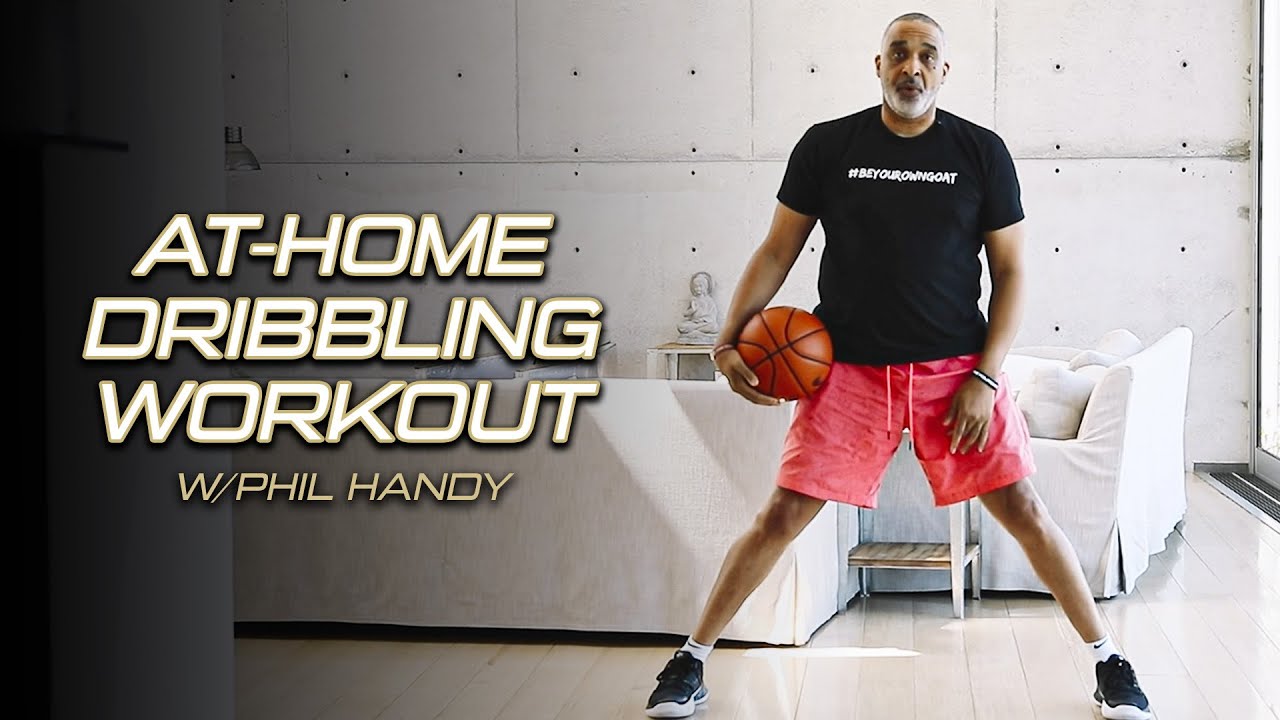Combatives - Boxing & Stance - Breaking Bad Habits - MMA & CQB
Summary
TLDRIn this instructional video, Primal from Mask Tactical addresses common bad habits in stance and hand techniques for combat training. He emphasizes the importance of proper weight distribution, foot positioning, and the significance of using hip power for effective punches and kicks. Primal also highlights the need to correct these habits early to avoid long-term detrimental effects on one's fighting skills. The video serves as a guide for beginners and a refresher for experienced fighters, aiming to improve their stand-up and boxing abilities.
Takeaways
- 🏋️ Proper stance is crucial for power in punches and kicks, with 25% of weight on the front foot and 75% on the back foot.
- 🤼♂️ Training at a general MMA gym might lead to stance-related bad habits due to broad focus, unlike specialized gyms like boxing.
- 🔄 The back foot should be turned straight forward for better balance and hip power utilization, avoiding the L-shape stance.
- 🚫 Avoid crossing up legs when side-stepping to prevent being swept and losing balance.
- 👊 Always aim for the face or body when throwing punches; don't be afraid to be aggressive in training.
- 🤞 Keep elbows in tight to protect the ribs and maintain a firm body to avoid being knocked off balance.
- 🖐 When throwing a jab, turn the wrist over and snap it, involving the hips for power, and always snap back to protect the face.
- 🤛 The straight right and left hook should also be snapped over for maximum impact, avoiding lazy recovery.
- 🔄 Correct hip movement is essential for knockout power, not just hand strength.
- 👀 Stay on the balls of your feet for agility, bending the knees slightly but not squatting or staying straight-legged.
- 💡 Bad habits like improper stance and punch recovery are hard to break once ingrained, emphasizing the importance of early correction.
Q & A
What is the primary focus of the video script?
-The primary focus of the video script is to discuss bad habits in combat training, specifically in stand-up and boxing skills, and how to correct them.
Why is the stance important in combat sports?
-The stance is important because it determines your balance, power generation, and agility. A proper stance allows for maximum power in punches and kicks, which is critical for effective combat.
What is the recommended weight distribution in a proper fighting stance?
-The recommended weight distribution in a proper fighting stance is 25% on the front foot and 75% on the back foot.
Why should the back foot be turned forward instead of being turned to the side?
-Turning the back foot forward provides better balance, sets up the hips for better power generation in punches, and ultimately makes the fighter faster.
What is the common mistake made by beginners when throwing punches?
-A common mistake made by beginners is not snapping their punches over and dropping their hands down before bringing them back up to protect their face, which leaves them open to counterattacks.
Why should beginners not be afraid to aim for the face when training?
-Beginners should not be afraid to aim for the face because it is part of the training to prepare for real combat situations, whether in the cage or on the streets.
What is the recommended way to protect your ribs from kicks?
-The recommended way to protect your ribs from kicks is to keep your elbows in tight, which allows you to quickly check a kick with your elbow if one is aimed at your ribs.
Why is it important to correct bad habits early in combat training?
-It is important to correct bad habits early in combat training because once they are developed, they can be very hard to break and can significantly hinder the effectiveness of a fighter's overall game.
What is the speaker's background in martial arts?
-The speaker has trained in mixed martial arts for about seven years, with a primary focus on Jiu-Jitsu and kickboxing, and is an amateur fighter.
What is the significance of the phrase 'Make It Rain' in the script?
-The phrase 'Make It Rain' is used metaphorically to describe the speaker's confidence and success, possibly in combat or other areas of life, and is part of the closing statement of the script.
Outlines

This section is available to paid users only. Please upgrade to access this part.
Upgrade NowMindmap

This section is available to paid users only. Please upgrade to access this part.
Upgrade NowKeywords

This section is available to paid users only. Please upgrade to access this part.
Upgrade NowHighlights

This section is available to paid users only. Please upgrade to access this part.
Upgrade NowTranscripts

This section is available to paid users only. Please upgrade to access this part.
Upgrade NowBrowse More Related Video
5.0 / 5 (0 votes)





